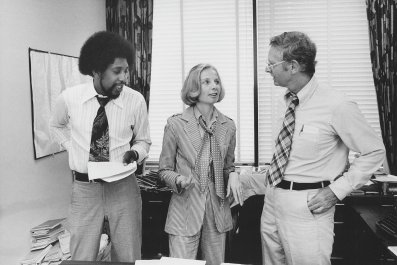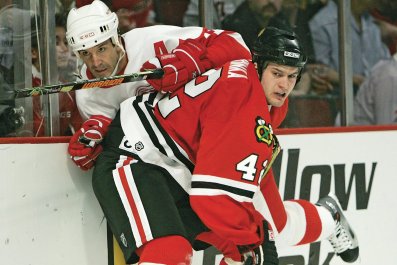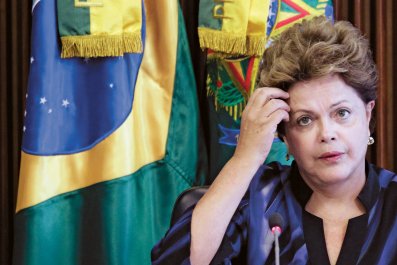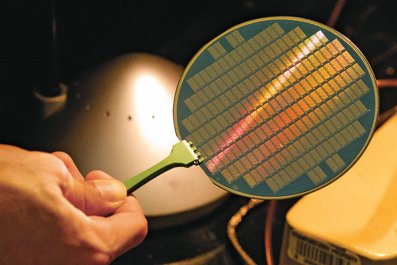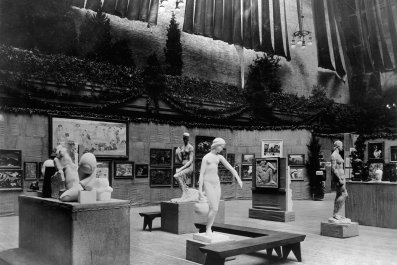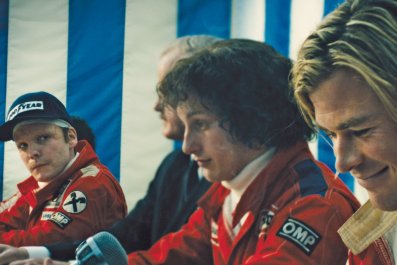It's obvious these days that there are more trolls populating the World Wide Web than there were in Middle Earth. But these aren't the slightly comical brutes of Tolkien lore, they're ... how shall we say this? Scumbags? Morons? Degenerate jerks? No, we won't deign to use their kind of language. They are the writers of anonymous comments on almost any Internet post, whether it's about Miss America or mitochondrial DNA, who do their best to be abusive and mostly succeed. Studies show, sadly, that this kind of language actually influences public perception of what's in the original articles. Now publishers are trying to win back control of the contents of comments, and the venerable magazine Popular Science has declared all-out war. It's just canceled its comment sections altogether, saying the issue is really part of a bigger problem. "Comments sections tend to be a grotesque reflection of the media culture surrounding them," writes the magazine's online content director, Suzanne LaBarre. Thanks to a "politically motivated, decades-long war on expertise," she notes, proven concepts "from evolution to the origins of climate change are up for grabs." LaBarre says trolls can dumb down Twitter all they want, but they won't be getting space in Popular Science.
Why Popular Science Canceled Its Comments Sections




